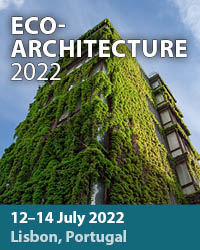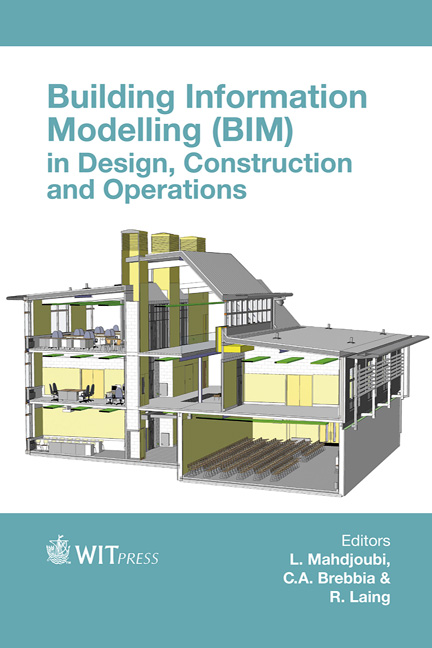Analysis Of Collaborative Design And Decision Making Through Argumentation Applied For Pre-BIM Stages
Price
Free (open access)
Transaction
Volume
149
Pages
12
Page Range
217 - 228
Published
2015
Size
243 kb
Paper DOI
10.2495/BIM150191
Copyright
WIT Press
Author(s)
M. Leon, A. Toniolo
Abstract
The early design stages are the most vital for the development of the design of a building project and the decisions taken during these steps are significant for the further progress of the project, regarding aspects like cost, performance, reliability and sustainability. Being able to trace backwards the thoughts that led to these decisions at any point of the design process provides clarity and transparency during the decision making process. Additionally, monitoring the design steps and decisions can lead to further observations on the effects of the design decisions during the early design stage, thus leading to a more sustainable and holistic design approach. This paper claims that efficient monitoring of the decision steps can be achieved employing a computational model of argumentation. Argumentation-based reasoning helps identify the rationale for a decision (i.e. arguments) and the relationships (i.e. attacks and preferences) between conflicting issues involved in making decisions. Our approach provides a method to rigorously trace the resolution of conflicts by extracting the set of acceptable arguments that led to a decision, and may eventually assist designers in analysing complex collaborative decisions within a pre-Building Information Modelling context.
Keywords
collaborative design, argumentation, pre-BIM, decisions, conflicts





